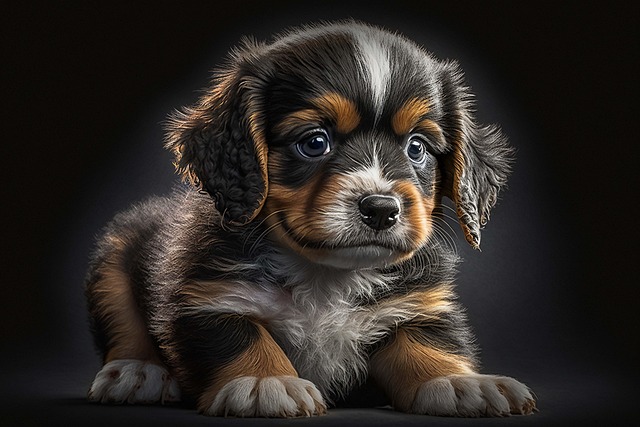
how to keep my dog hydrated when sick
You're curled up on the couch with Buddy, your usually energetic Lab mix. He feels warm, his nose is dry, and he just sniffed indifferently at his water bowl – again.
Seeing waxy buildup in your dog’s ears can make any owner wonder: Should I step in, or let nature take its course? The answer lies in balance—knowing when to clean gently and when to leave well enough alone. Let’s break down how to care for your pup’s ears without overdoing it.
A little ear gunk is normal. Dogs produce wax to protect their ears from dirt and bacteria, and most of it sheds naturally—especially in upright-eared breeds like German Shepherds or Huskies. You might spot small amounts on their bed or while petting—no need to fret. Over-cleaning strips the ear of its protective barrier, risking dryness or infection. Think of it like brushing their coat: sometimes less is more.
So when does buildup need attention? Watch for red flags: excessive scratching, head shaking, a sour odor, or discharge that’s thick, yellow, green, or bloody. Floppy-eared breeds (Cocker Spaniels, Bassets) are prone to trapped moisture and wax, so regular vet-approved cleaning can help—but always check with your vet first. They’ll tell you if that gunk is harmless or a sign of an issue like allergies or mites.
The first rule of ear care: never clean without veterinary guidance. Every dog’s ears are different, and what looks like “just wax” could hide a deeper problem. Your vet can show you how to safely inspect ears (look for pink, healthy skin, no swelling) and recommend a cleaning schedule based on breed and lifestyle. This step isn’t just about health—it’s about being a responsible owner who puts their pet’s safety first.
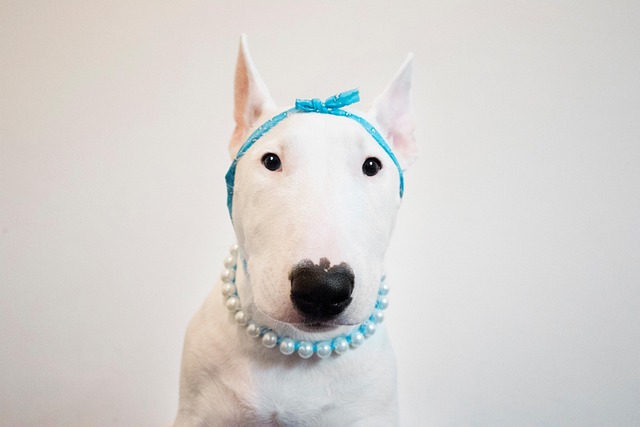 When cleaning is approved, here’s how to do it gently. Use a vet-recommended ear cleaner (no human products like Q-tips or alcohol—they can burn!). Lift the ear flap, add a few drops to the outer canal, massage the base for 10 seconds, then let your dog shake out loosened debris. Wipe the visible part with a soft cloth—never insert anything past the opening. Reward calm behavior with treats to make it a positive experience, especially for anxious pups.
When cleaning is approved, here’s how to do it gently. Use a vet-recommended ear cleaner (no human products like Q-tips or alcohol—they can burn!). Lift the ear flap, add a few drops to the outer canal, massage the base for 10 seconds, then let your dog shake out loosened debris. Wipe the visible part with a soft cloth—never insert anything past the opening. Reward calm behavior with treats to make it a positive experience, especially for anxious pups.
What if your dog hates ear touch? Start slow. Handle their ears during cuddles, reward stillness, and keep sessions short. If they whimper or pull away, stop and ask your vet for tips—they might suggest desensitization techniques or sedation for high-anxiety dogs. Forcing it risks injury, so patience is key.
Avoid common mistakes like digging with cotton swabs (they can damage eardrums in those L-shaped canals) or using home remedies without approval. Even “natural” options like coconut oil can irritate sensitive ears if misused. When in doubt, stick to vet-approved products—your dog’s ear health is worth it.
Prevent future issues by keeping ears dry after baths (use a towel or vet-safe drying powder) and avoiding harsh grooming products near the ears. Regularly check for changes in odor or texture during play—catching problems early means easier treatment.
In the end, the decision to clean depends on your dog’s needs. Normal wax is a good sign; unusual buildup or symptoms mean it’s time to act—with vet guidance, always. Ear care isn’t just hygiene—it’s a chance to bond, showing your pup they’re safe while keeping their ears happy for all the scratches they love. Trust your instincts, lean on professionals, and your dog’s ears will thank you with many more wagging moments.

You're curled up on the couch with Buddy, your usually energetic Lab mix. He feels warm, his nose is dry, and he just sniffed indifferently at his water bowl – again.

Picture this: You’re scanning a wall of kibble bags at your local PetSmart, trying to choose for your rescue Boxer, Bella. "Salmon recipe!" "Farm-raised chicken!"
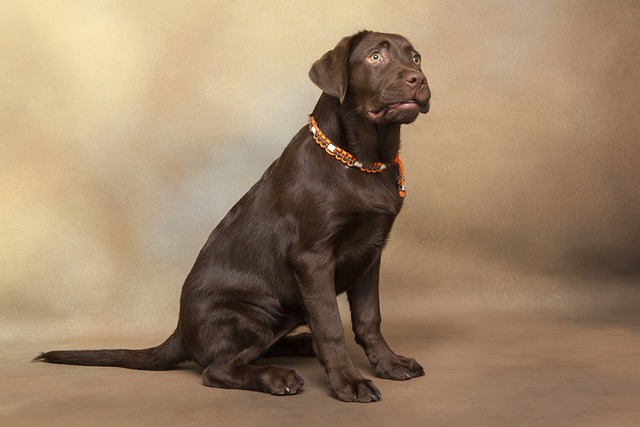
Bringing a Labrador into your home is like welcoming a bundle of boundless energy and unconditional love. But before you commit, it's crucial to ensure you're getting a purebred Labrador.
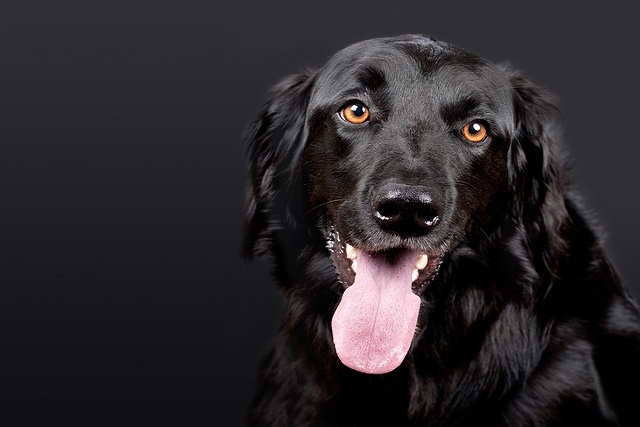
What vitamins should be given to dogs? If you’ve ever stared at the supplement aisle in a pet store, wondering which tiny pills or powders your pup really needs
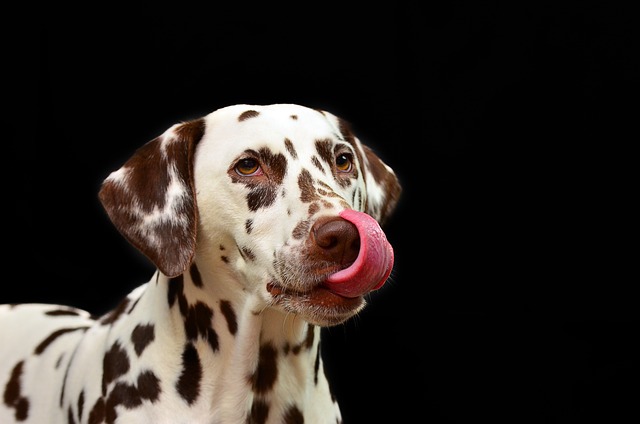
You’re chopping sweet potatoes for dinner when your German Shepherd, Duke, stares at you with those soulful eyes. You wonder: Could homemade meals solve his dull coat and energy slumps?
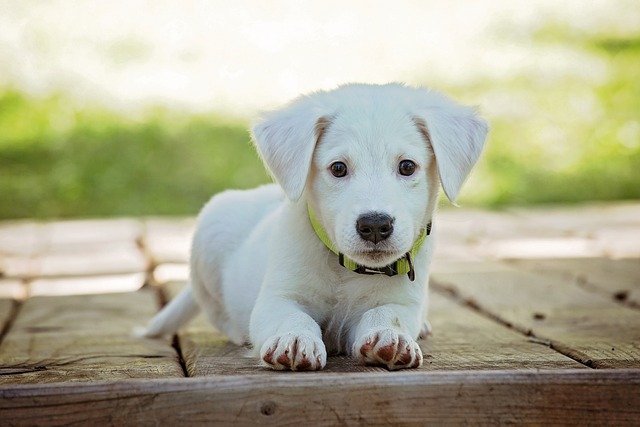
What is the best diet for a dog with allergies? If you’ve watched your pup scratch until their paws are raw, or noticed red, irritated skin that won’t heal, you know how frustrating allergies can be.